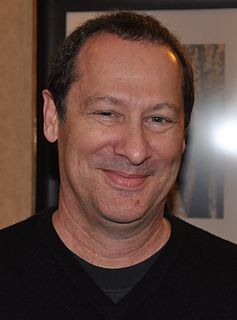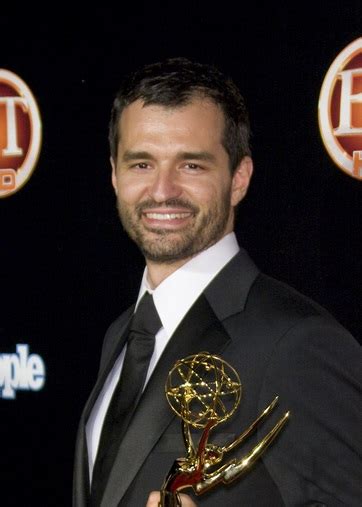A Quote by Duncan Jones
I've been working my way to doing my first feature film for about ten years. So I went through the commercials route and some people come from a theatrical background and some people come from a writing background, but I directed commercials
Related Quotes
If you come from a working-class background, you can't afford to write full time, because you're just not being paid. Basically, all my arguments come down to Marxist doctrine: The world is shaped by money, so the only voices you'll hear are the ones with money behind them. But thankfully, culture and cool are some things that circumvent money, because if you're cool, people will want to give you money - suddenly you shape the market and people start coming to you. Which is why culture has always been a traditional way out for working-class people.
I don't come from a flashy film background. TV's been a great home for me, and being able to do that work kind of unnoticed, and not putting that out in the foreground was perfectly fine for me. I just continue to want to make sure that that's what it's about. I think when you start spinning out on what other people are doing and trying to chase something, you're really on a one-way ticket to things not working out the way you want them to.
I was making commercials. That's how I learned the craft. That was the marketing part of it: directing commercial for TV. It wasn't the most common thing to become a filmmaker in Greece. I started by saying I was interested in marketing and have a proper job in advertising and commercials. Basically, I studied film to learn how to do marketing, and commercials. As I studied film I learned I'd be interested in making films instead of commercials.






































